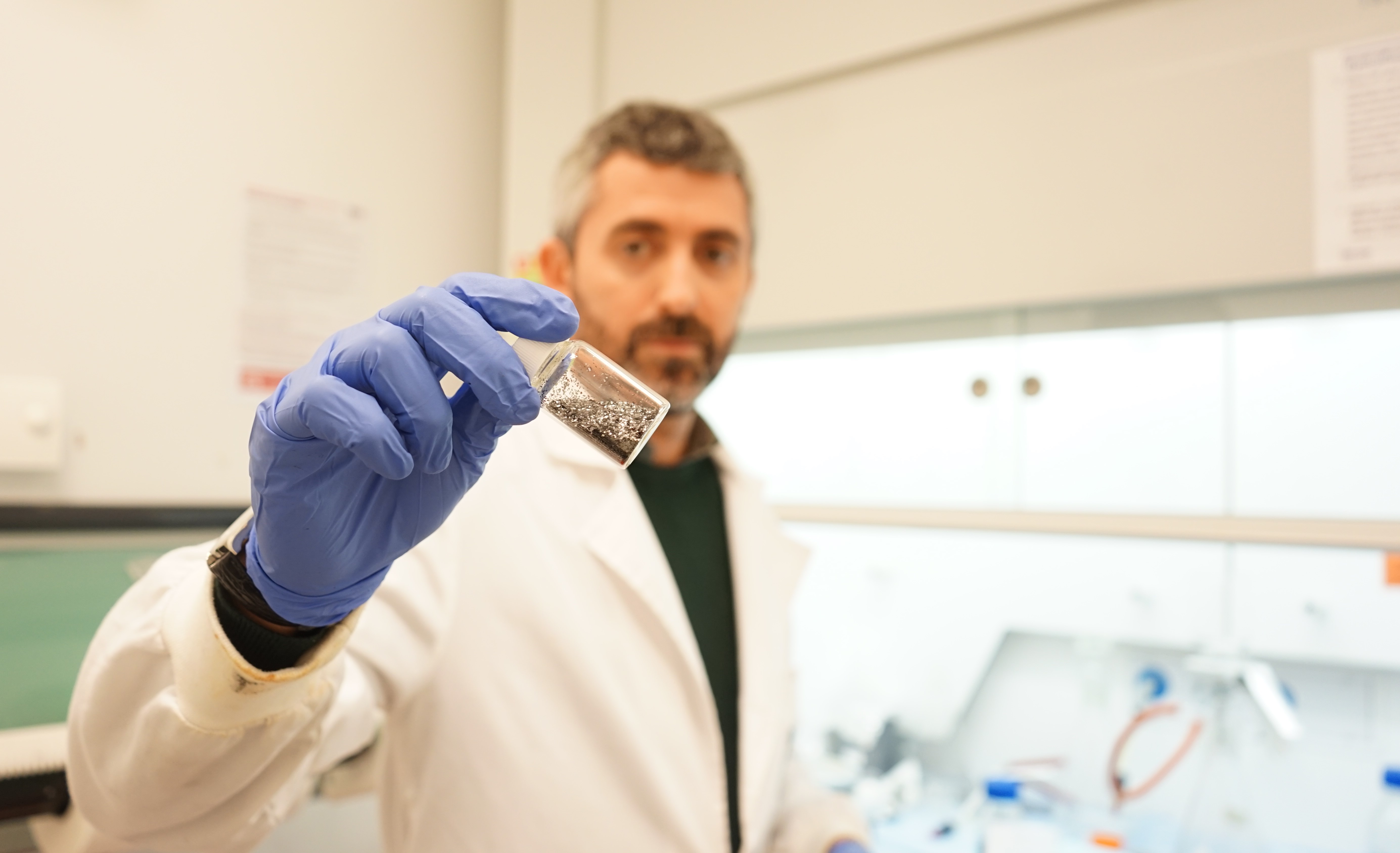The #ERN2023 Photo Competition celebrated science, technology and art in the most creative way and the most eclectic mix of ideas, disciplines and perspectives creating the most far-reaching conversations, in-depth debates, and inspiring developments and playing an important role in making science accessible to a wide audience. This initiative occurred under the European Researchers’ Night 2023 event that took place on September 29, 2023, in different cities of Portugal – Braga, Coimbra, Lisboa and Évora and around Europe. In Braga, the main event happened at Altice Fórum Braga. This year’s motto was Science for Everyone – Sustainability and Inclusion. The #ERN2023 Photo Competition was an open competition and everyone was encouraged to capture scientific phenomena happening all around us and submit up to two original photographs in a unique category: ‘Science for Everyone – Sustainability and Inclusion’ (nano/micro images obtained through microscopes, images related to the labs, setups, sample preparation, simulations, everyday life related to science, etc.) All selected photos were evaluated by a jury composed of internal and external representatives from different areas. Please, find below the 3 winners: First place: HÉLDER FONSECA, PHOTO 30 2073: The ghost yellow room Second place: FREDILSON MELO, PHOTO 52 Bloom, Algae! Bloom! […]
Read more


